зБЂжЫЬжЧ•, 3жЬИ 22nd, 2011...2:41 PM
Nara Guide
Reading time: About 4 minutes
Nara GuideNara is a place where many World Heritages are preserved. Beautiful nature remains as well with many interesting spots to visit. There are many tourist spot around Nara Park including Todai-ji and Kasuga Taisha, which you can go around in one day.
This time, we will introduce a one day course that you can visit the World Heritages in Nara. 5 minutes walk from Kintetsu Nara Station toward the east, you will find Kofuku-ji temple where a five-storied pagoda stands. This pagoda is the second tallest in Japan with the height of 50.1m.
In Tokon-do, there are the national treasure images of Twelve Heavenly Generals.
In Kokuho-kan, image of Asura that is praised as the finest work from Nara period is placed. Many other statue of Buddha that are national treasures and important cultural properties are stored and preserved here so that you can learn about the history of the statue as well.
Nanen-do is the largest octagon-shaped temple in Japan rebuilt in Edo period.
As you walk toward Nara Park, you will meet many deer.
Next is the symbol of Nara, the Daibutsu. The Daibutsu, or the huge statue of the Buddha, stands in Toda-ji, the most popular tourist spot in Nara. First is the main gate of Todai-ji, Nandai-mon. The height is 25.5m. The statue of two Deva kings or the guardian gods placed on the both side of the gate are said to be made in 69days.
As you walk through and past Nandai-mon, you will reach Naka-mon. On the left side of the gate, there is a ticket booth for entering the Daibutsu-den, where the Daibutsu is preserved.
Daibutsu -den is the largest wooden architecture in the world, 48m tall, 57m in widths, and 50m in depths.
Inside, the principal image of Toda-ji, the massive Daibutsu sits firmly.
It is 15m tall.
The view from the back.
Todai-ji is a very big temple. There are other interesting sightseeing spot other than the Daibutsu. On the backside Daibutsu-den, there is Shosoin. Shosoin is a storehouse built in Nara period storing many treasures from back then. Shosoin passes down rare treasures and furniture from China and Persia, which is open to public every fall.
Nigatsu-do is located on the east side of the precincts. The path from Shosoin to Nigatsu-do has wall made from dirt.
Nigatsu-do somehow reminds Kiyomizu-dera, a temple in Kyoto.
From the observatory opening to the west side, you can have a view of the Nara City.
Right next to Nigatsu-do is Sangatsu-do. It is the oldest architecture in Todai-ji that exists today.
As you walk toward the south, you will pass Mt. Wakakusa and reach Kasuga-taisha. The height is 342m. It is also called Mt. Mikasa since there are three mountains. The burning of Mt. Wakakusa is famous as a once a year event.
Kasuga-taisha is the head temple of all Kasuga-jinja. The cinnabar red building stands out.
Deer is believed to be the messenger of god and treasured at Kasuga-taisha. The hanging lantern at the corridor is used on February 3rd, the day before beginning of spring. Today was the day before so they were getting ready. About 2000 lanterns are going to be lit.
The whole temple will be in a illusion when the 2000 lanterns are lit.
There are many other sightseeing spots beside Todai-ji and Kasuga-taisha. At former resident of Shiga Naoya, you can observe the house of the great writer from the Showa period.
Near former resident of Shiga Naoya is Shinyakushi-ji.
In the main temple of Shinyakushi-ji, there are Twelve Heavenly Generals. It is the oldest statue of the Genrals in Japan that still exists. The twelve images stands on a circle plate making a circle. It was prohibited to take pictures so you can see the Twelve Generals from this site.
https://www.k5.dion.ne.jp/~shinyaku/juunishin.html
You can see the five-storied pagoda of Kofuku-ji over Narusawa Lake. The lake is close to Kintetxu Nara station.
There are many other World Heritages such as Horyu-ji, Asuka, and Yoshino in Nara. The course explained today is best for a short trip but staying longer and enjoying the history and the nature is nice as well. Nara changes its face depending on the season with sakura and colored leaves and is a perfect place to go sightseeing.









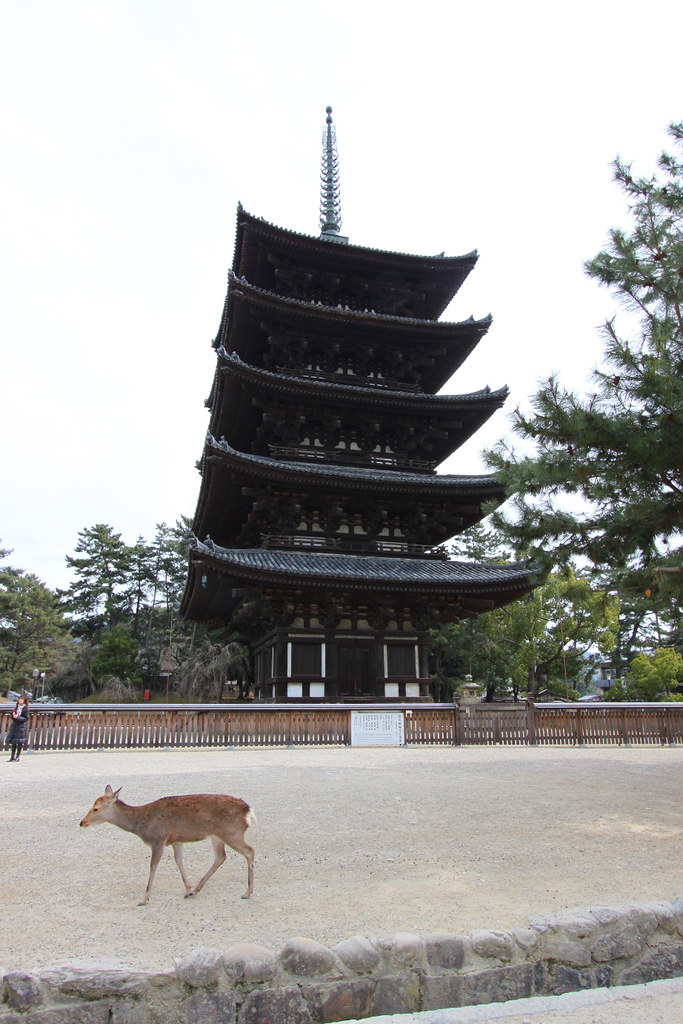
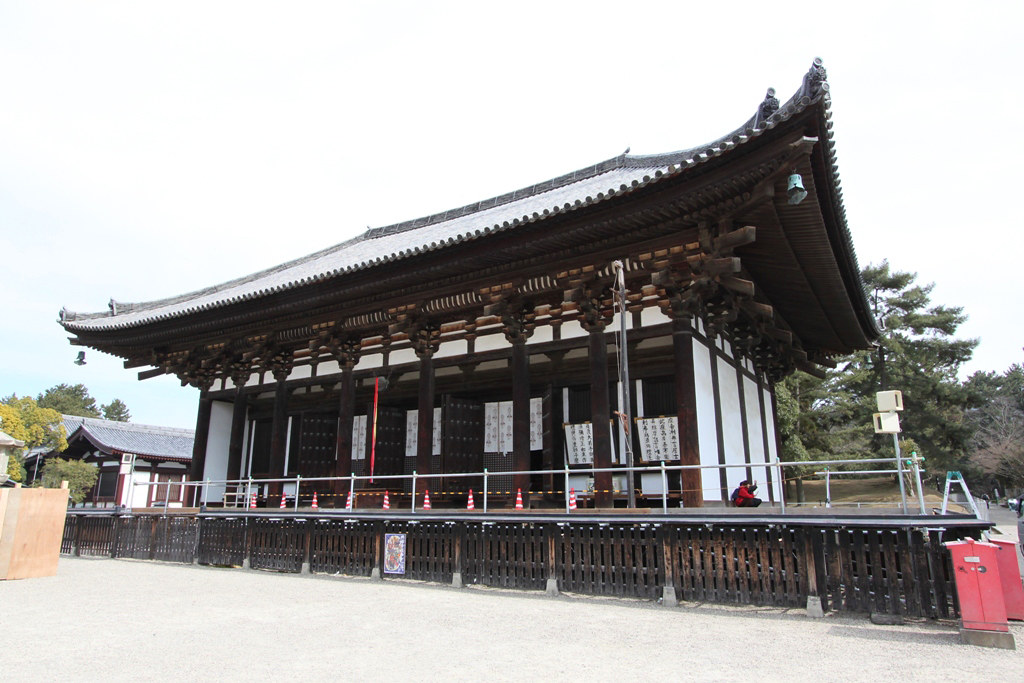
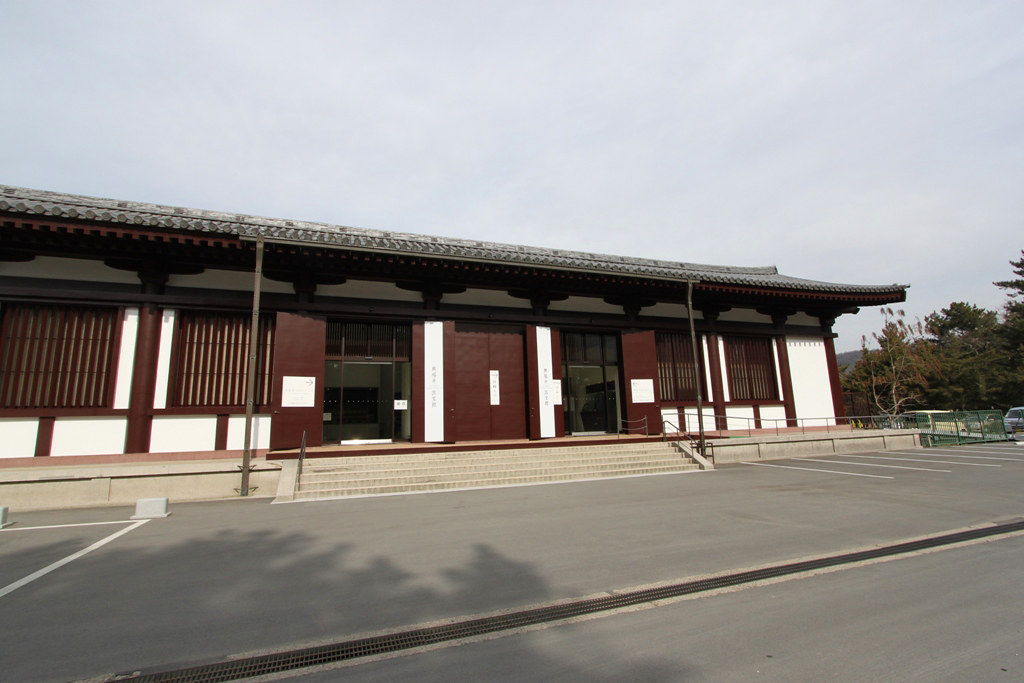
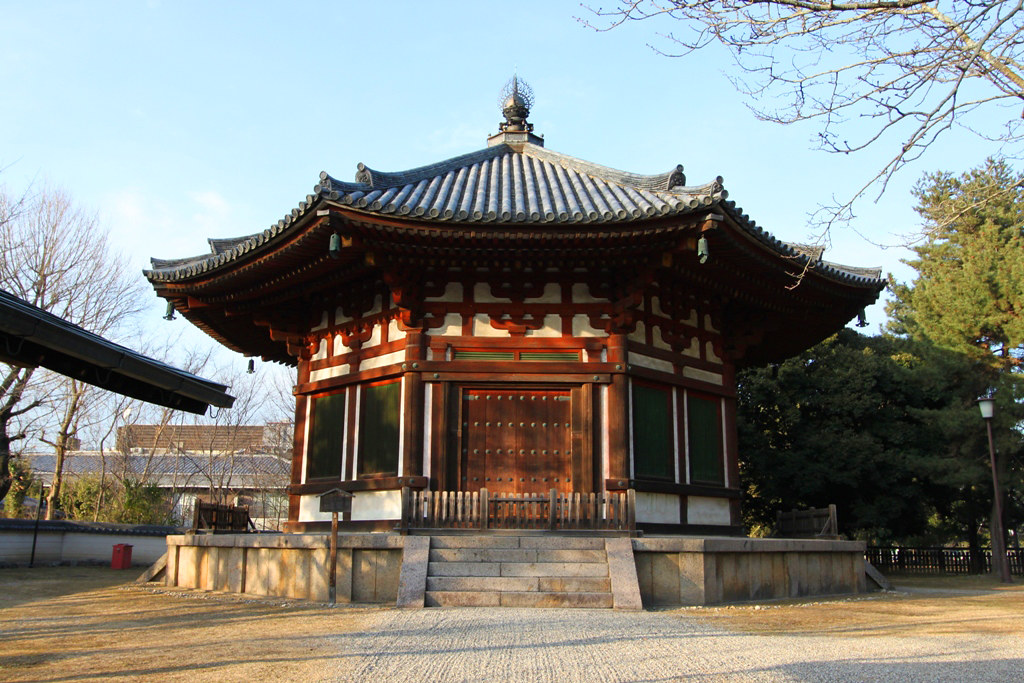
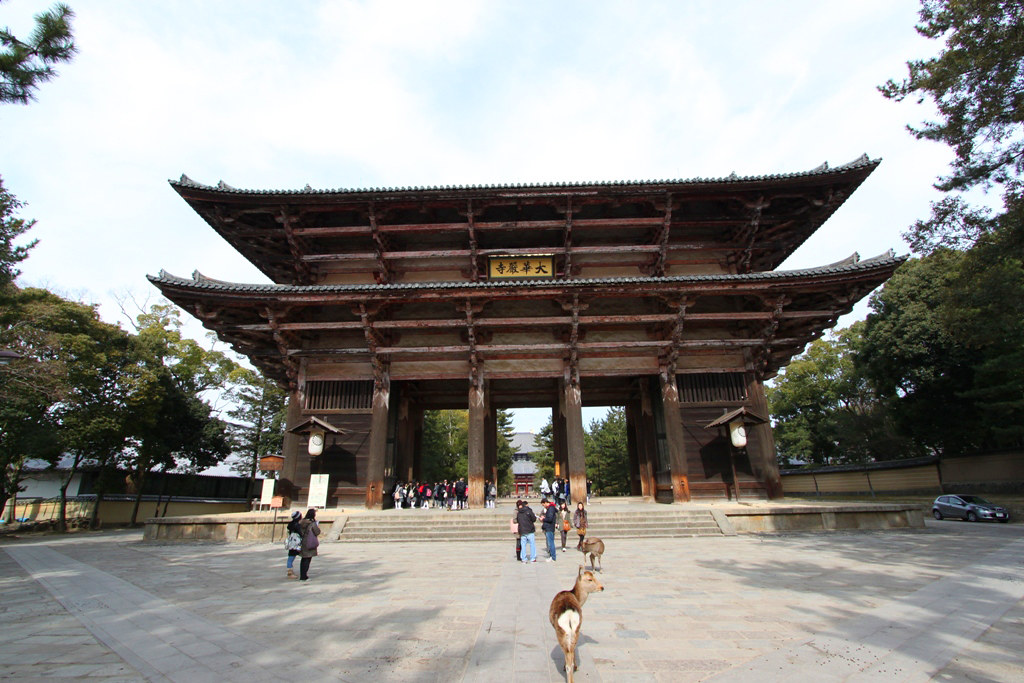
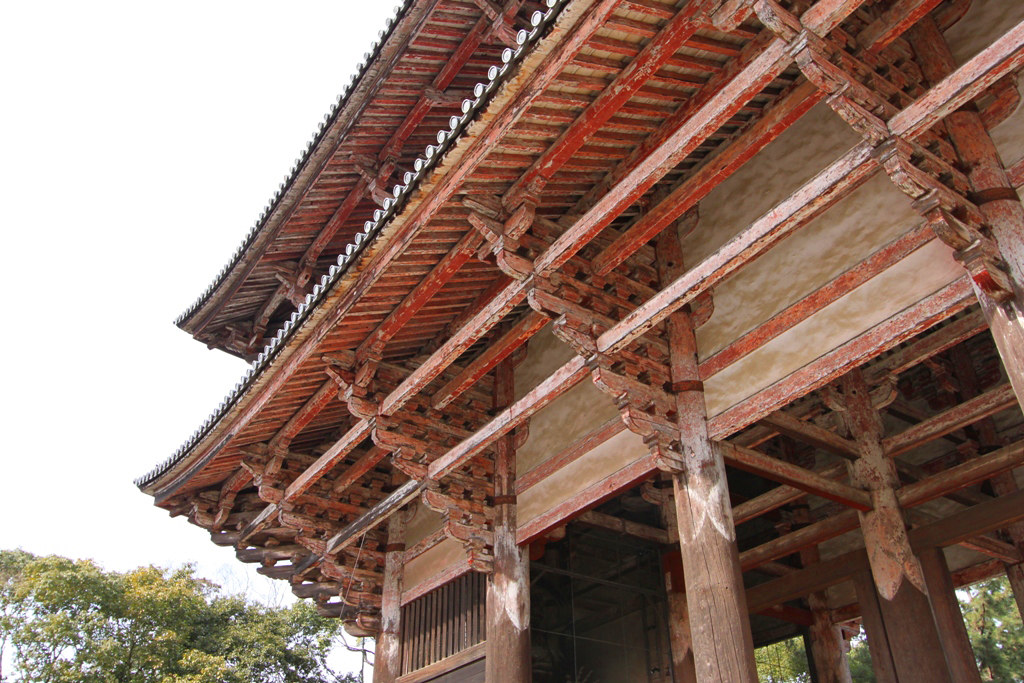
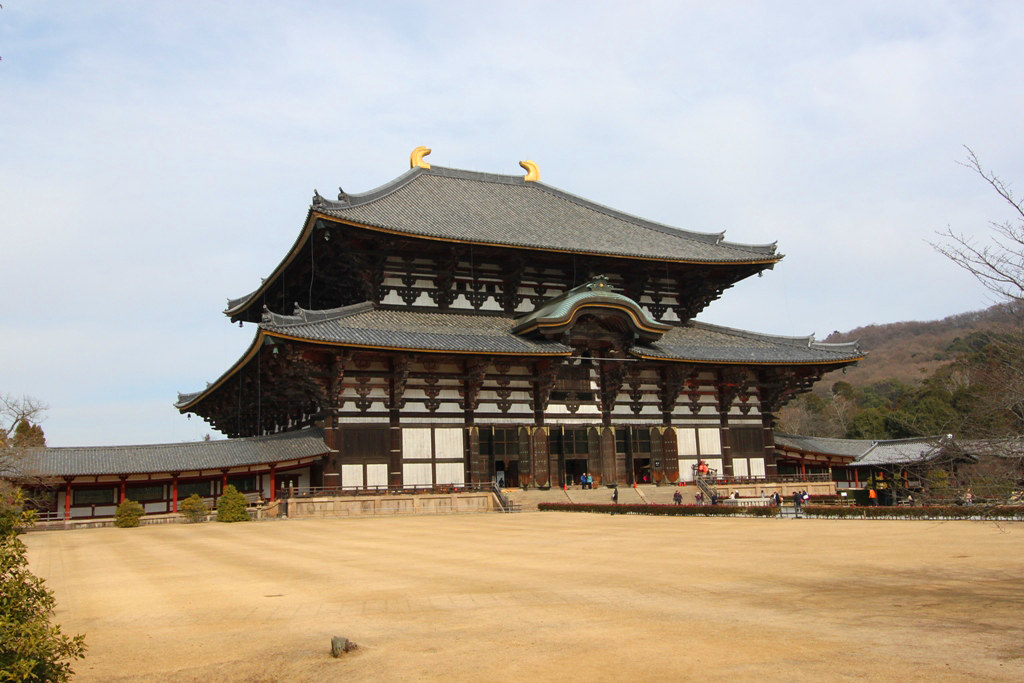
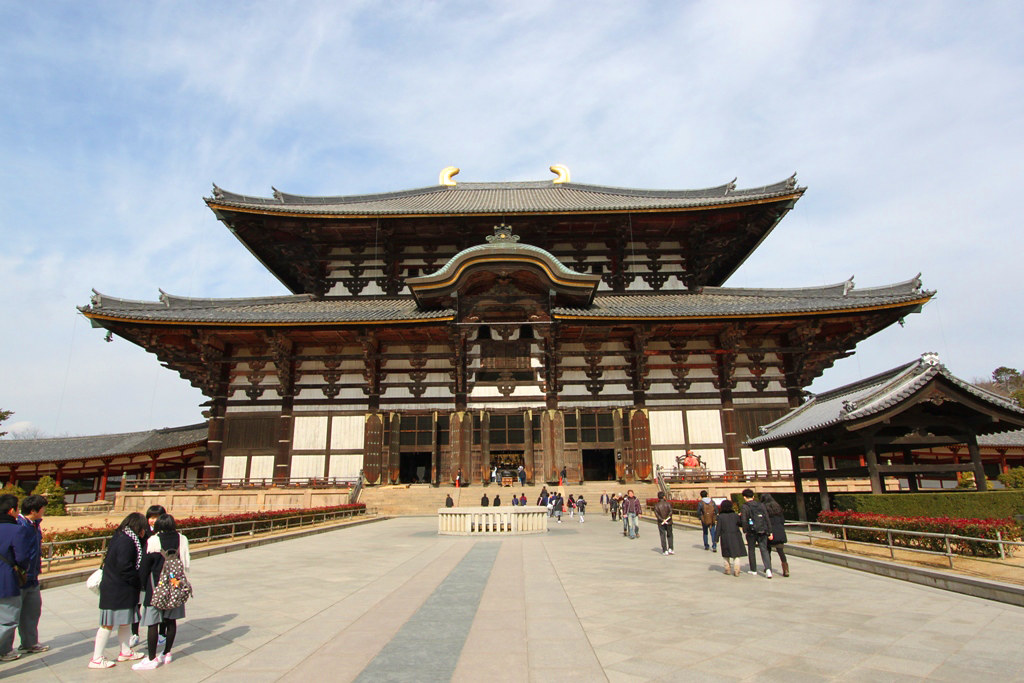
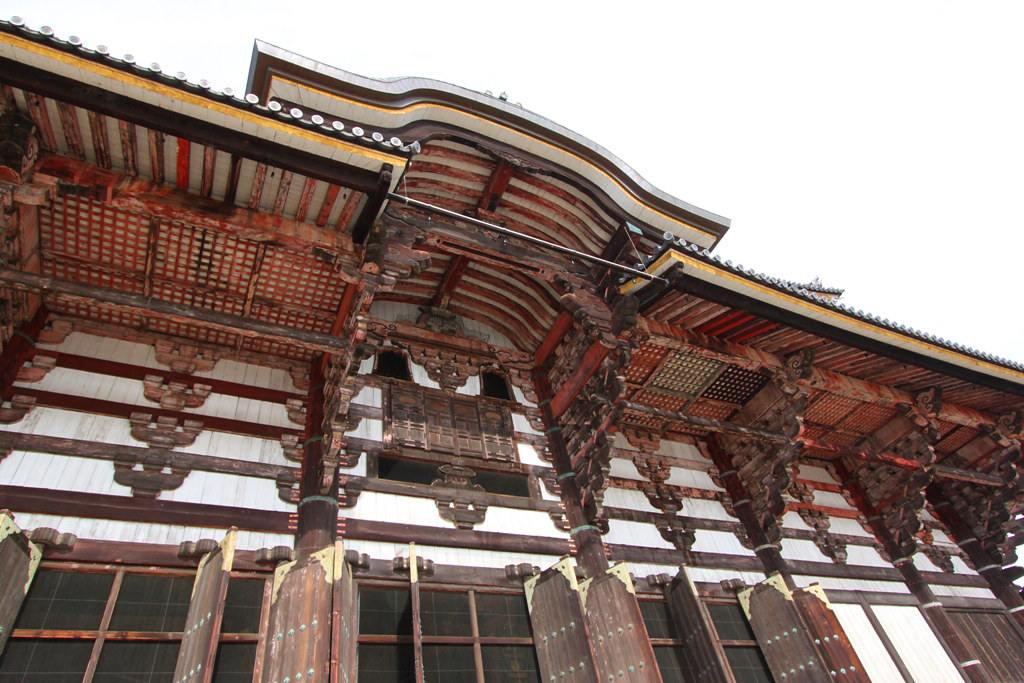
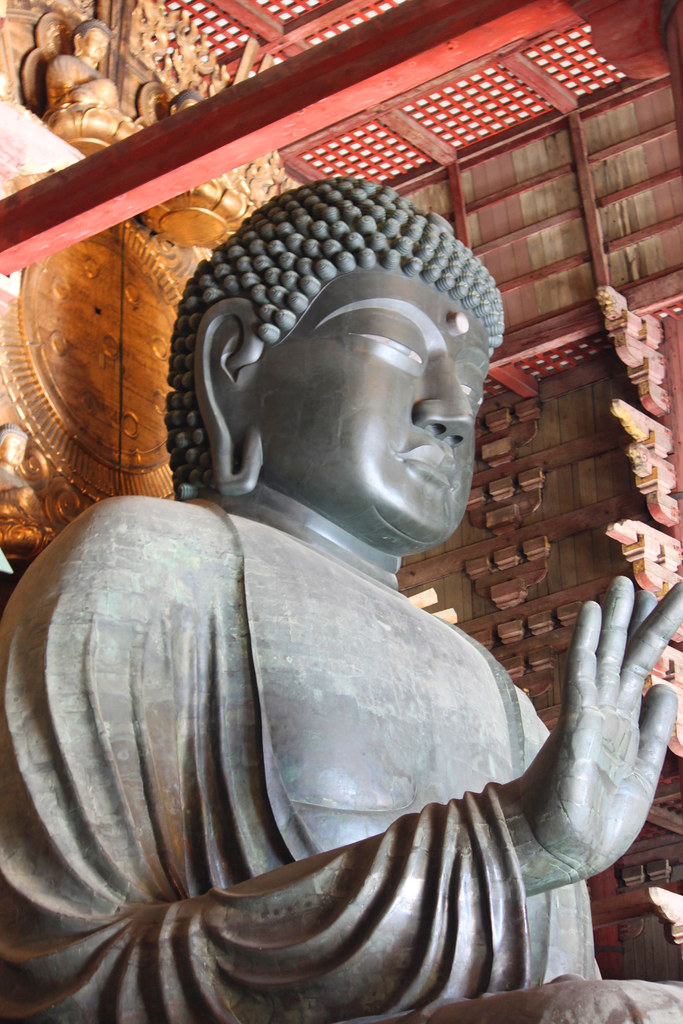
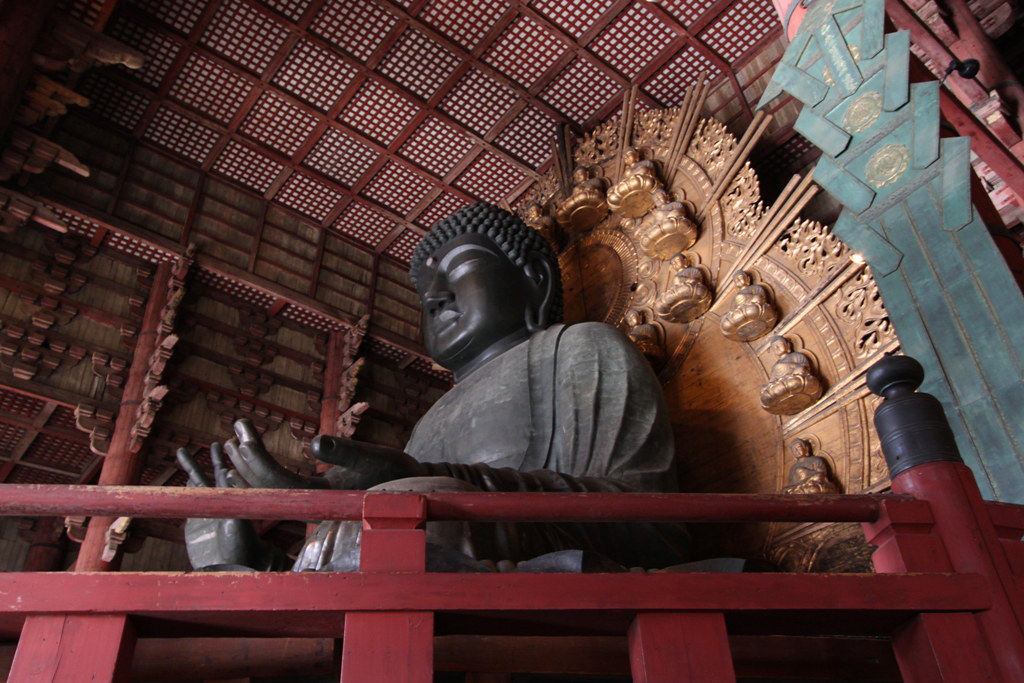
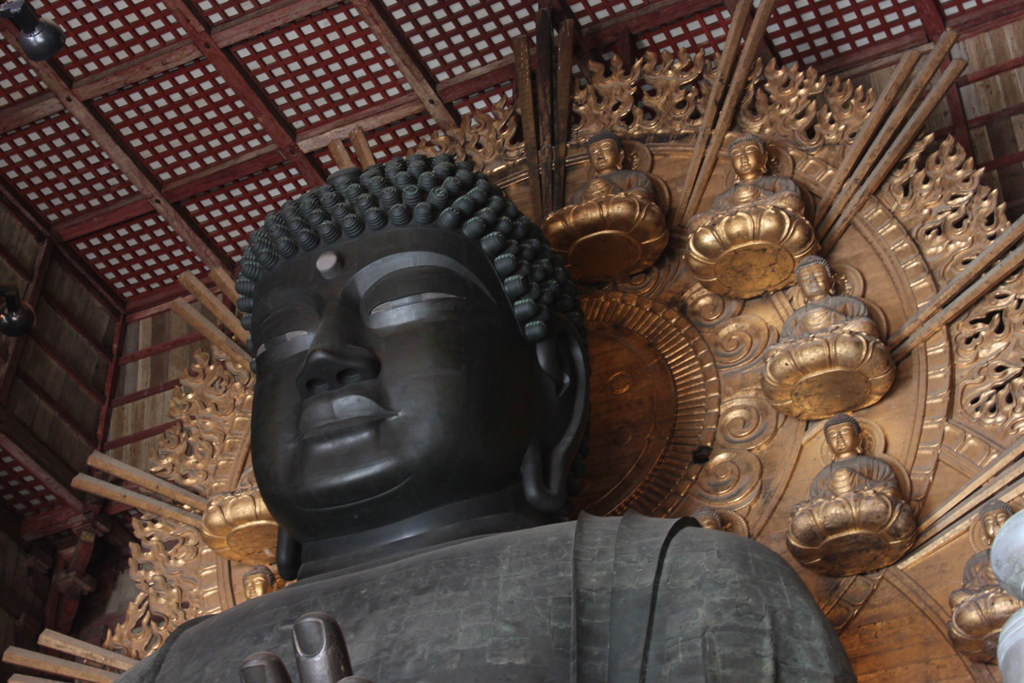
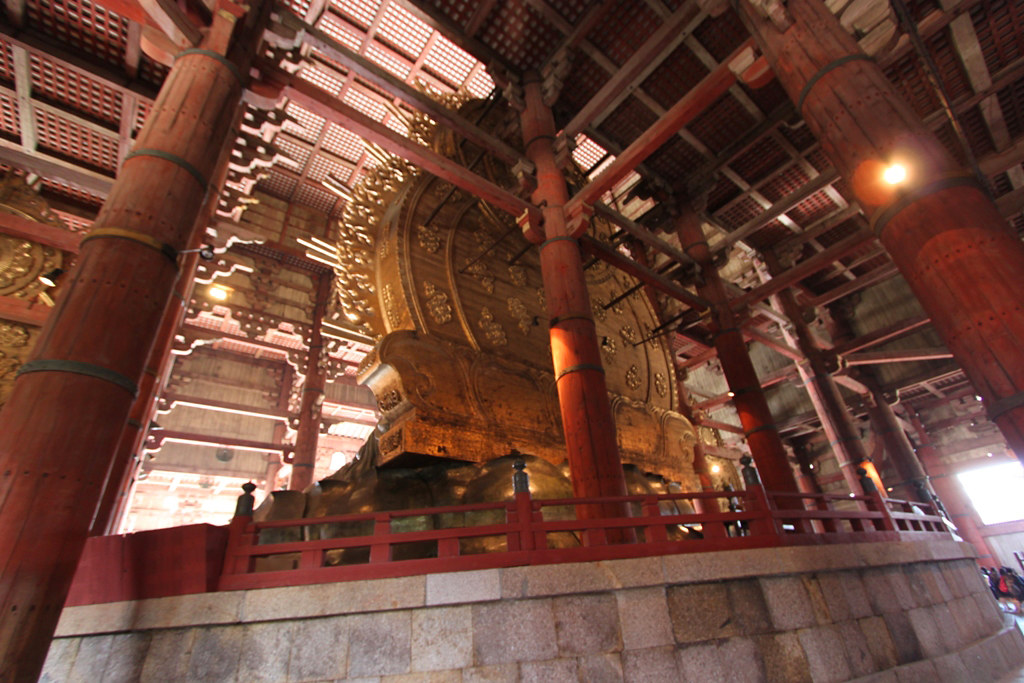
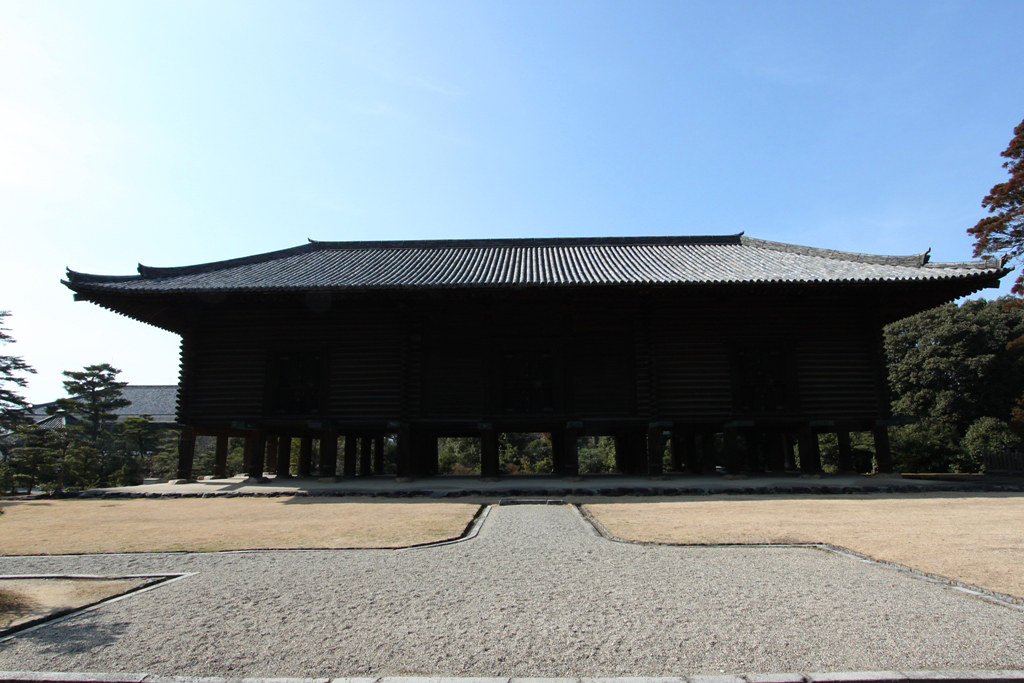
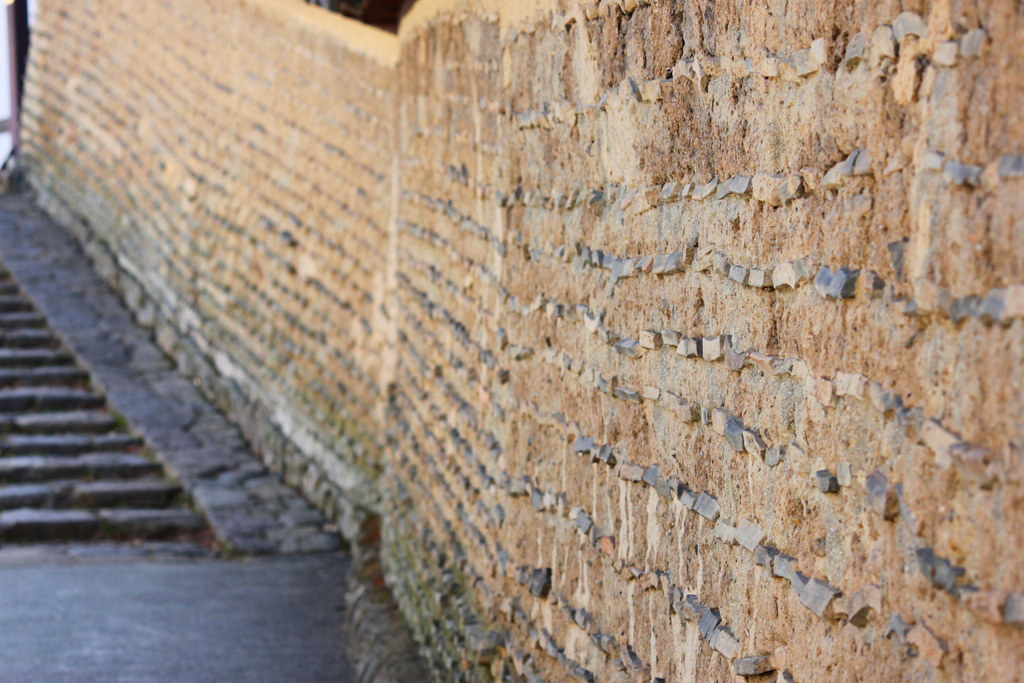
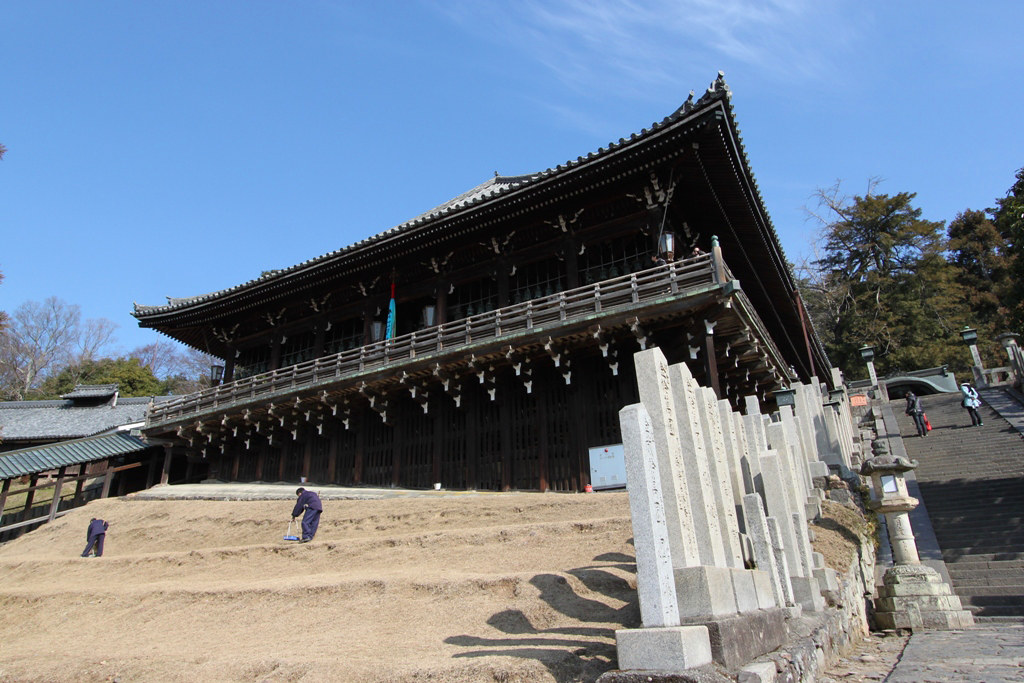
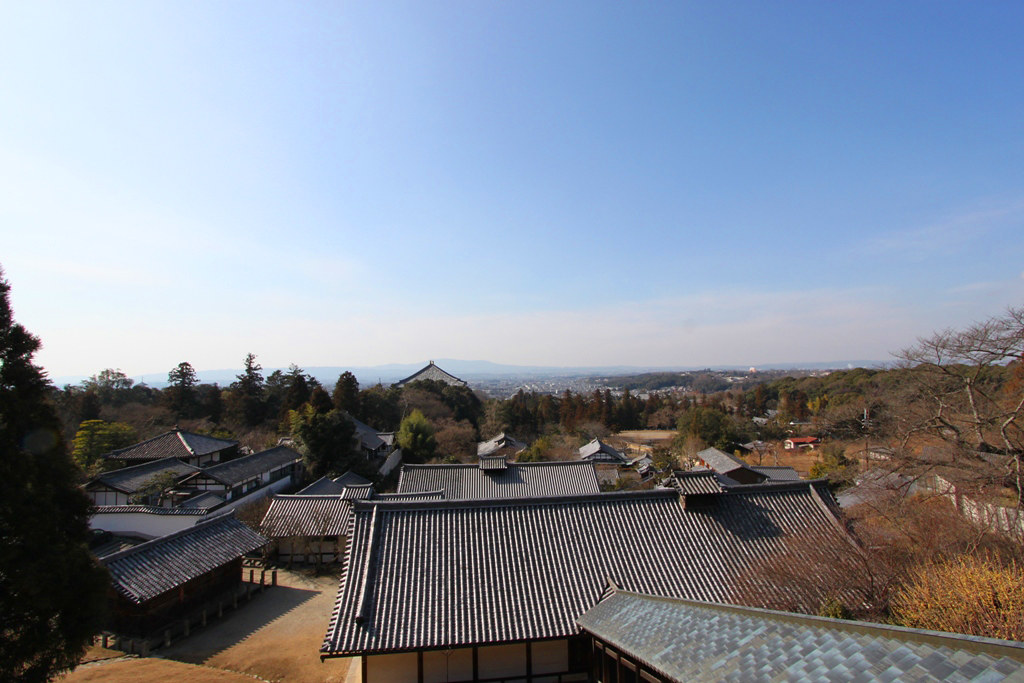
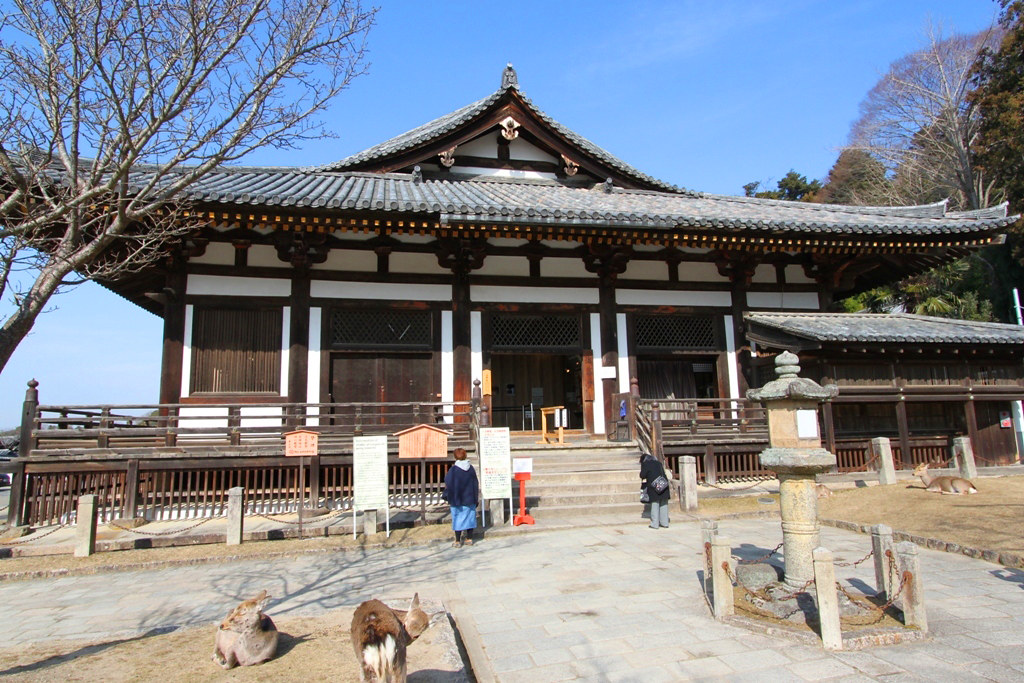
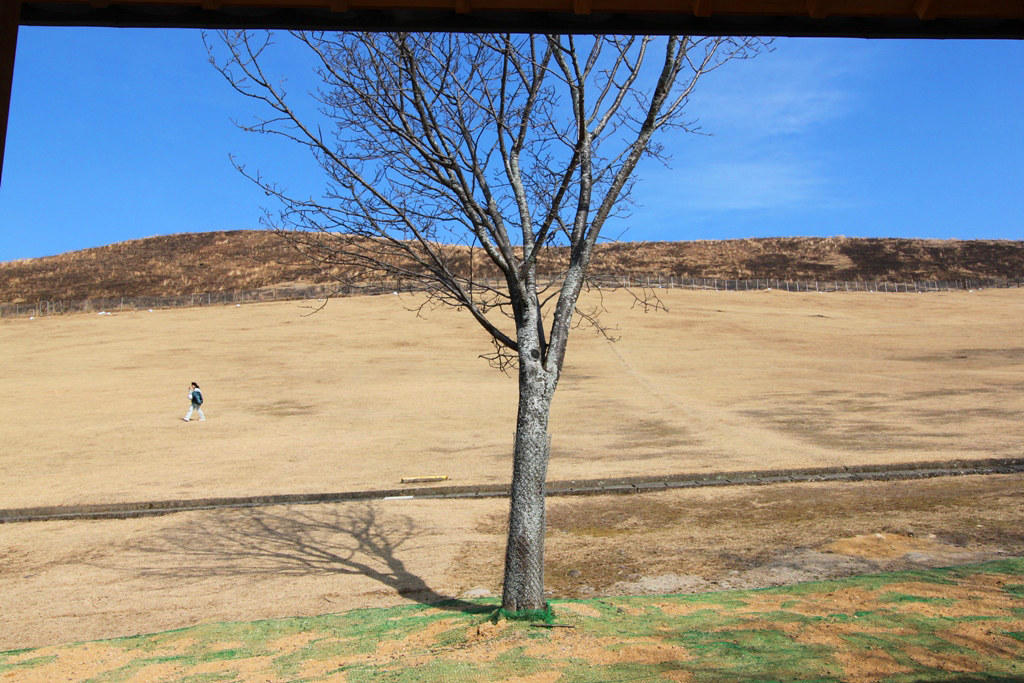
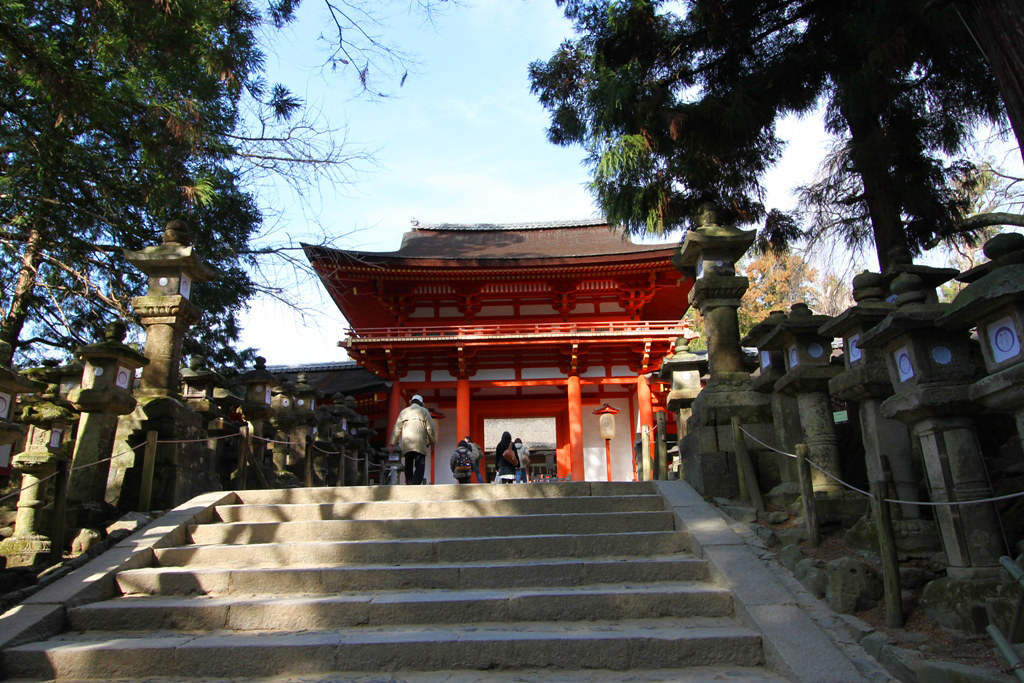
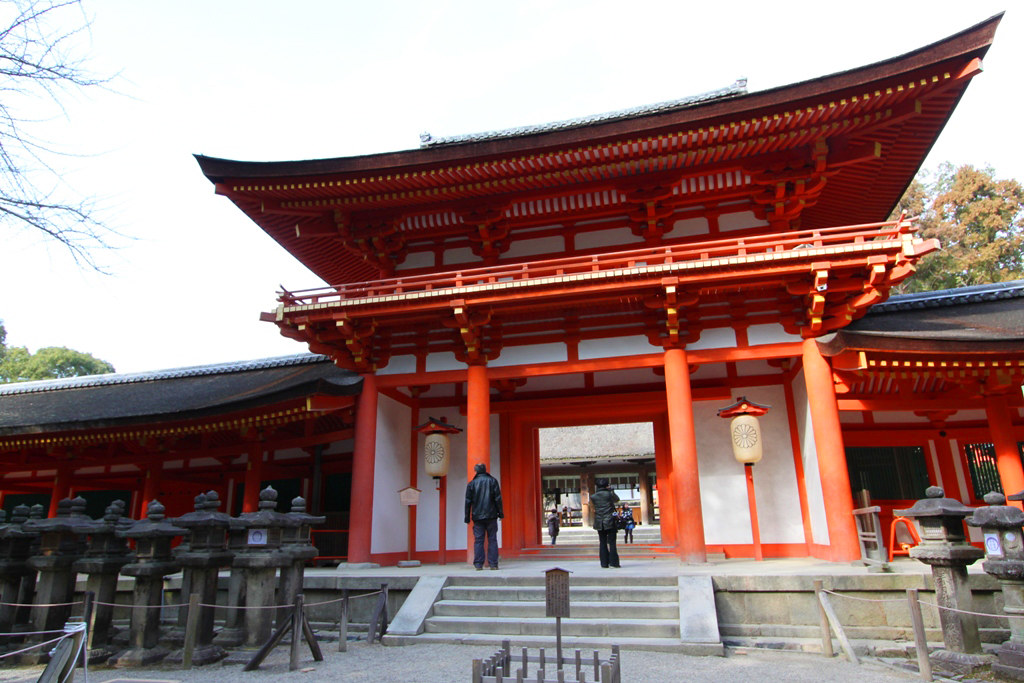
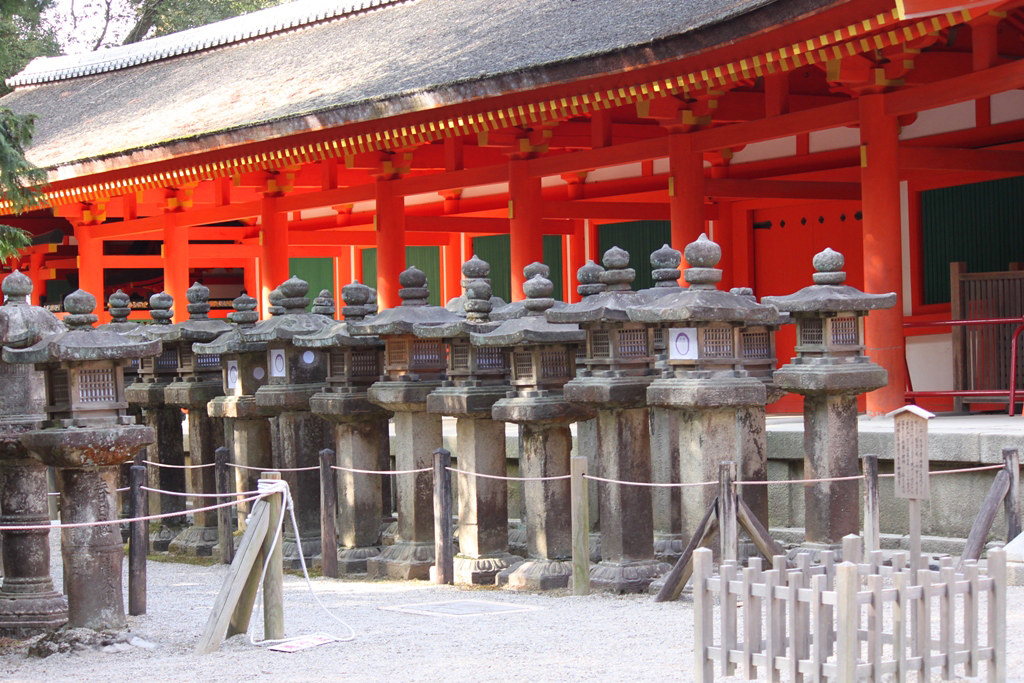
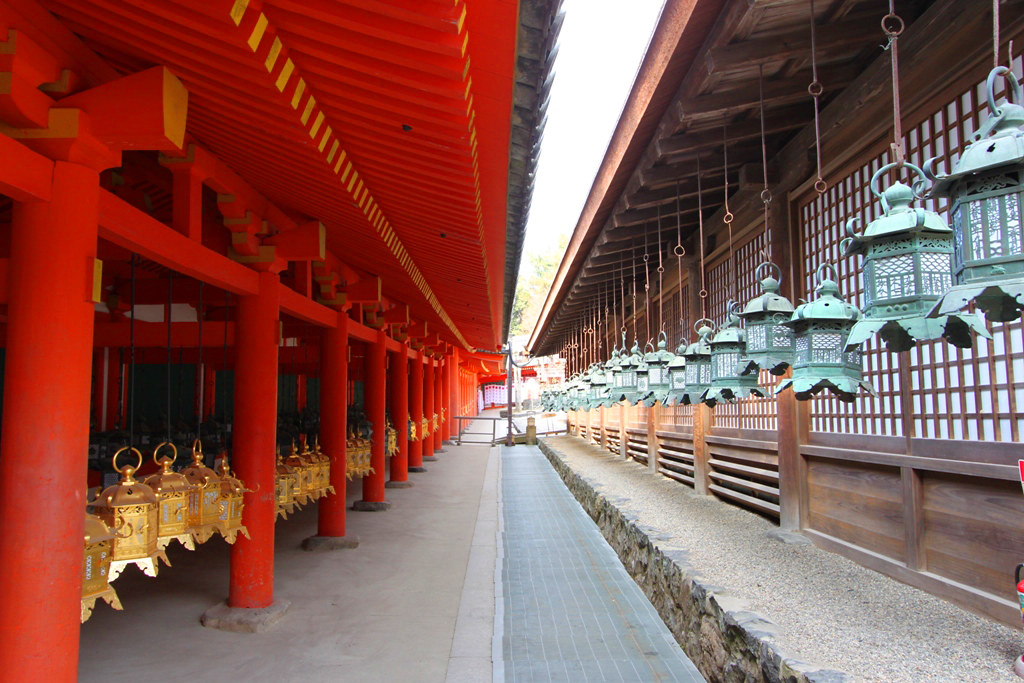
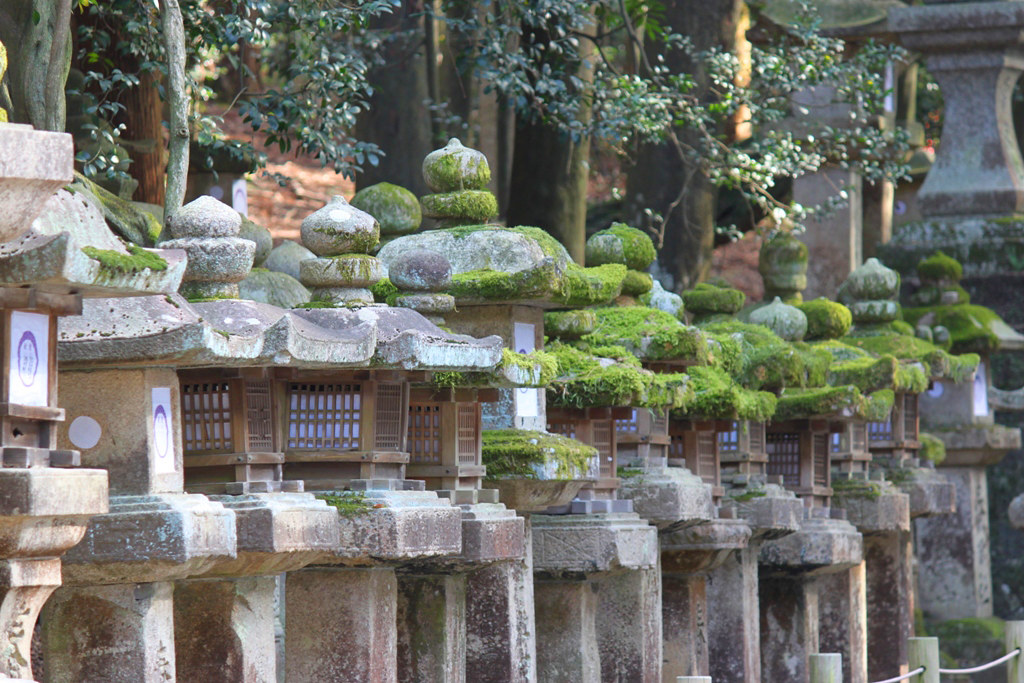
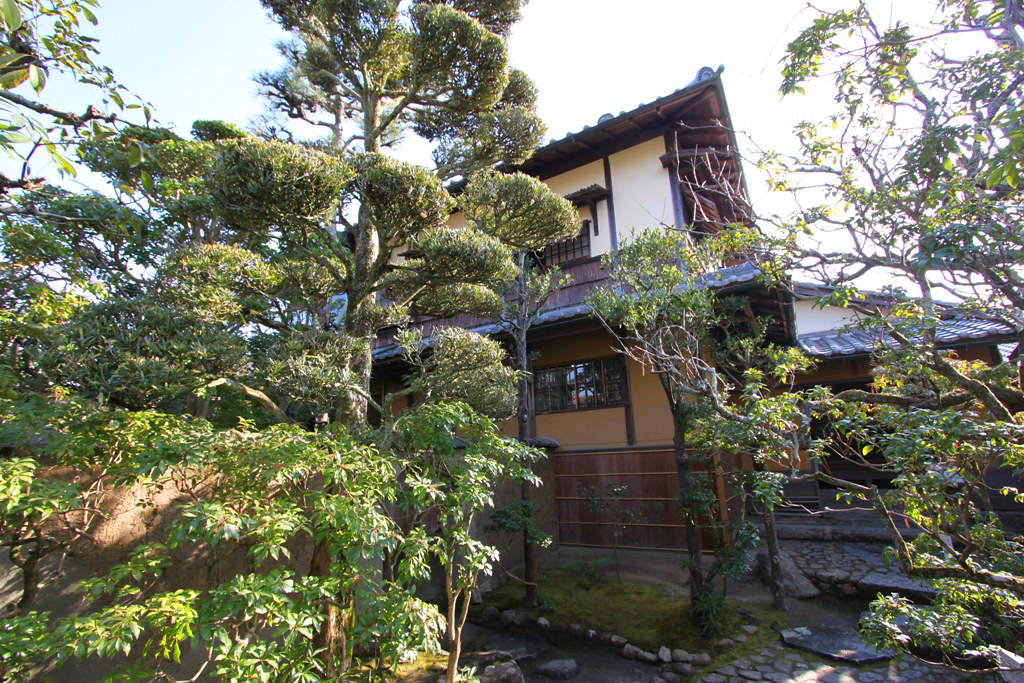
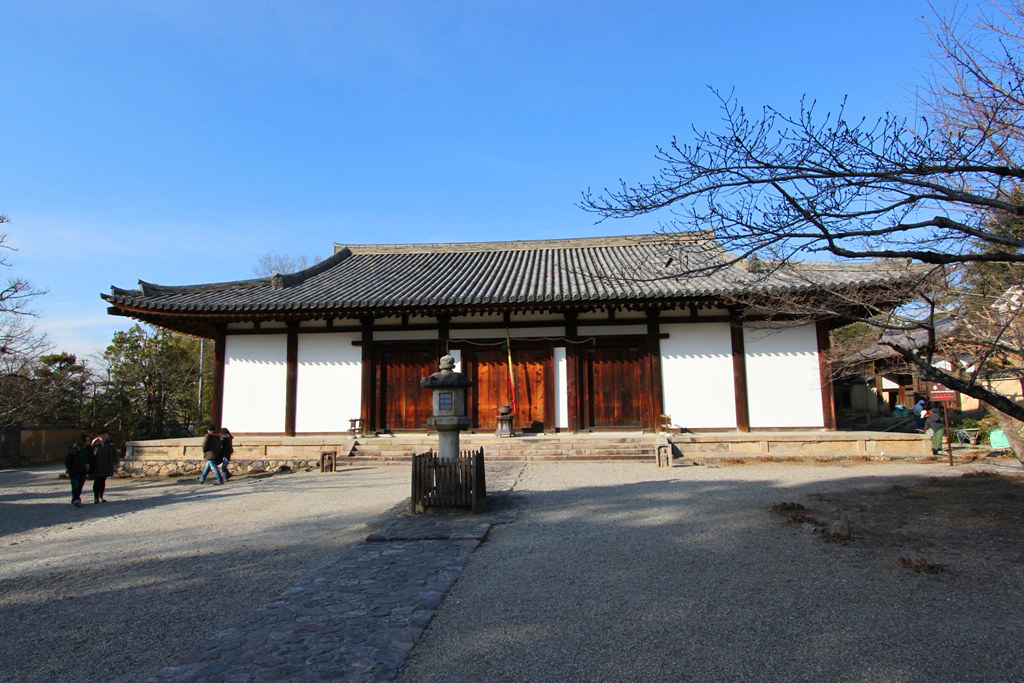
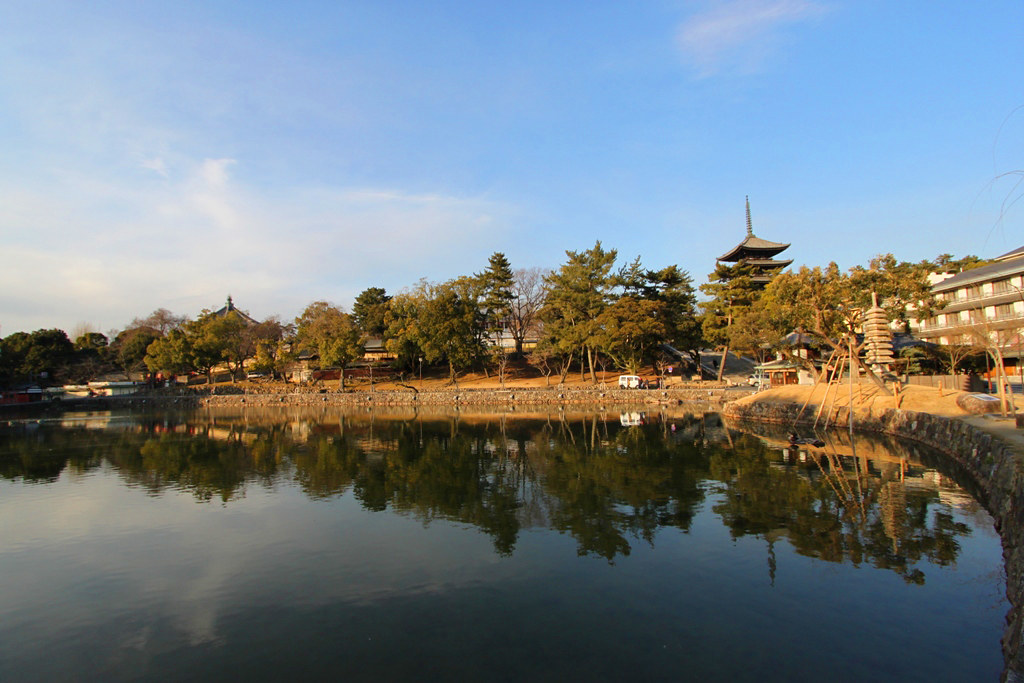











Leave a Reply